
Kód: 01243762
George Santayana's Philosophy of Religion
Autor Edward W Lovely
George Santayana (1862-1952) of Spanish descent, and generally claimed to be in the canon of American philosophers, was substantially influenced by his Roman Catholic origins in his philosophical disposition toward the value of tr ... celý popis
- Jazyk:
 Angličtina
Angličtina - Vazba: Pevná
- Počet stran: 256
Nakladatelství: Lexington Books, 2012
- Více informací o knize

Mohlo by se vám také líbit
-
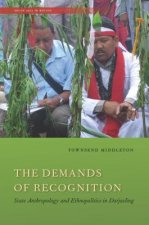
Demands of Recognition
845 Kč -

Hands-on History! Ancient Greece
266 Kč -
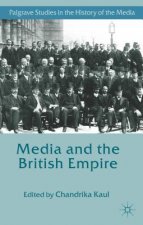
Media and the British Empire
3313 Kč -

Saga Volume 2
337 Kč -

Flame and the Flower
196 Kč -

From the Desk of Pastor William
387 Kč -

New simple ways to solve equations
369 Kč
Dárkový poukaz: Radost zaručena
- Darujte poukaz v libovolné hodnotě a my se postaráme o zbytek.
- Poukaz se vztahuje na celou naši nabídku.
- Elektronický poukaz vytisknete z e-mailu a můžete ihned darovat.
- Platnost poukazu je 12 měsíců od data vystavení.
Více informací o knize George Santayana's Philosophy of Religion
Nákupem získáte 416 bodů
 Anotace knihy
Anotace knihy
George Santayana (1862-1952) of Spanish descent, and generally claimed to be in the canon of American philosophers, was substantially influenced by his Roman Catholic origins in his philosophical disposition toward the value of tradition, religious symbols and dogma. His philosophical project sustained a respectful attitude toward the spiritual value of orthodox religion while the thrust of his philosophy was naturalistic and materialistic throughout. There is a perception by some scholars that Santayana's philosophy evolved from a humanistic perspective to a more spiritual one in his later years. It is the position of this thesis that his philosophy, at the "core" depicting a harmonious striving toward individual happiness, remained essentially consistent from his earliest publication of Interpretations of Poetry and Religion and The Life of Reason through his later works of Scepticism and Animal Faith, Realms of Being, Dominations and Powers and The Idea of Christ in the Gospels. Santayana's philosophical approach is both phenomenological and social constructionist in its methodology, significantly preempting the methodology of social constructionist theology and a post-modern interpretation of religion. His idiosyncratic phenomenological approach is compared with a "benchmark" methodology of Edmund Husserl, the generally accepted founder of the phenomenological method. There are also important similarities between Santayana's phenomenological approach and those of Charles Sanders Peirce and Alfred North Whitehead. The basis for the comparison of the phenomenological methodology of Santayana and Husserl is their mutually similar fundamental theory of intuited essence. Santayana's contribution to religious studies is not only philosophical but also theological where he has utilized Christian theological language in transposing and interpolating his philosophy of religion to the Christian drama of the salvational Christ. Santayana's essay "Ultimate Religion" reflects his perspective of a disillusioned but still spiritual vision incorporating the piety, discipline, and spirituality; of a life of reason. Within the framework of this "model" Santayana's philosophy of religion is developed and explored. Finally, the relevance of Santayana's philosophy of religion to contemporary religious studies and selected religious issues is addressed with a delineation and discussion of some important aspects of his philosophical vision.
 Parametry knihy
Parametry knihy
Zařazení knihy Knihy v angličtině Humanities Philosophy History of Western philosophy
4158 Kč
- Plný název: George Santayana's Philosophy of Religion
- Autor: Edward W Lovely
- Jazyk:
 Angličtina
Angličtina - Vazba: Pevná
- Počet stran: 256
- EAN: 9780739176269
- ISBN: 0739176269
- ID: 01243762
- Nakladatelství: Lexington Books
- Hmotnost: 517 g
- Rozměry: 236 × 158 × 24 mm
- Datum vydání: 12. October 2012
Oblíbené z jiného soudku
-

Meditations
254 Kč -

The Myth of Sisyphus
169 Kč -

Meditations
502 Kč -

Why I Am so Clever
90 Kč -

Letters from a Stoic
251 Kč -

Meditations
410 Kč -

Simulacra and Simulation
416 Kč -
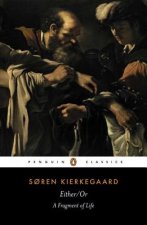
Either/Or
357 Kč -

Thus Spoke Zarathustra
286 Kč -

Existentialism Is a Humanism
214 Kč -
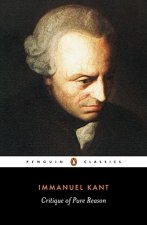
Critique of Pure Reason
444 Kč -

Discourses and Selected Writings
306 Kč -

Beyond Good and Evil
258 Kč -

On the Shortness of Life
234 Kč -
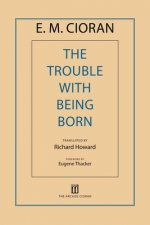
The Trouble With Being Born
307 Kč -

Ride the Tiger
494 Kč -

On War
136 Kč -
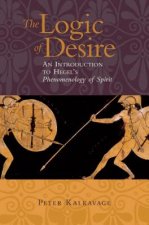
Logic of Desire
1124 Kč -

Myth of Sisyphus
276 Kč -
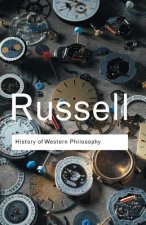
History of Western Philosophy
640 Kč -

Human, All Too Human & Beyond Good and Evil
131 Kč -
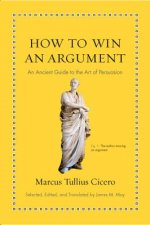
How to Win an Argument
416 Kč -

Fragments
356 Kč -
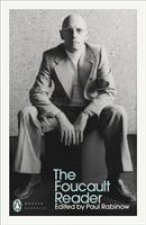
Foucault Reader
357 Kč -

Brief History of Everything (20th Anniversary Edition)
394 Kč -

Basic Writings of Bertrand Russell
673 Kč -

Lyotard and the Political
1462 Kč -
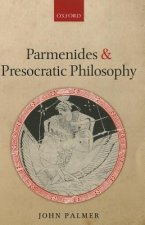
Parmenides and Presocratic Philosophy
1994 Kč -

Aphorisms on Love and Hate
90 Kč -

Nausea
276 Kč -

The Symposium
233 Kč -

At The Existentialist Cafe
358 Kč -
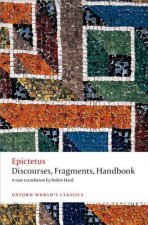
Discourses, Fragments, Handbook
316 Kč -
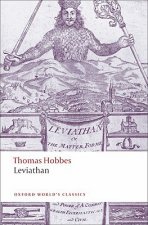
Leviathan
236 Kč -

Spell of the Sensuous
347 Kč -

Phenomenology of Spirit
551 Kč -

Think
303 Kč -

Nicomachean Ethics
136 Kč -
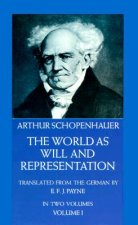
World as Will and Representation, Vol. 1
555 Kč -

Socrates' Defence
90 Kč -
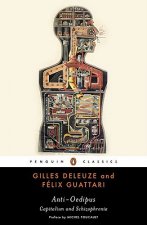
Anti-Oedipus
595 Kč -
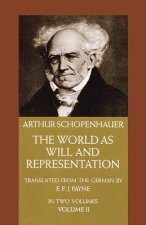
World as Will and Representation, Vol. 2
587 Kč -
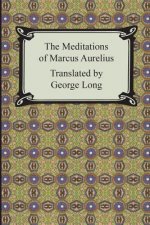
Meditations of Marcus Aurelius
202 Kč -
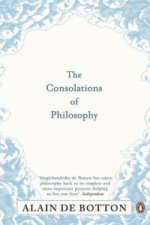
Consolations of Philosophy
358 Kč -
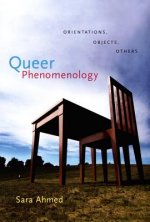
Queer Phenomenology
760 Kč -
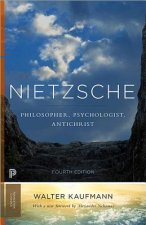
Nietzsche
600 Kč -
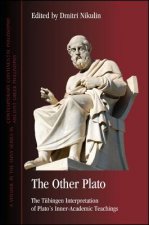
Other Plato
1100 Kč -

Republic
279 Kč -

Gay Science
316 Kč
Osobní odběr Praha, Brno a 12903 dalších
Copyright ©2008-24 nejlevnejsi-knihy.cz Všechna práva vyhrazenaSoukromíCookies



 Vrácení do měsíce
Vrácení do měsíce 571 999 099 (8-15.30h)
571 999 099 (8-15.30h)